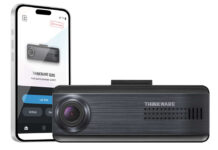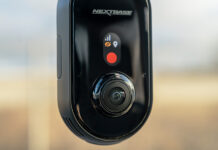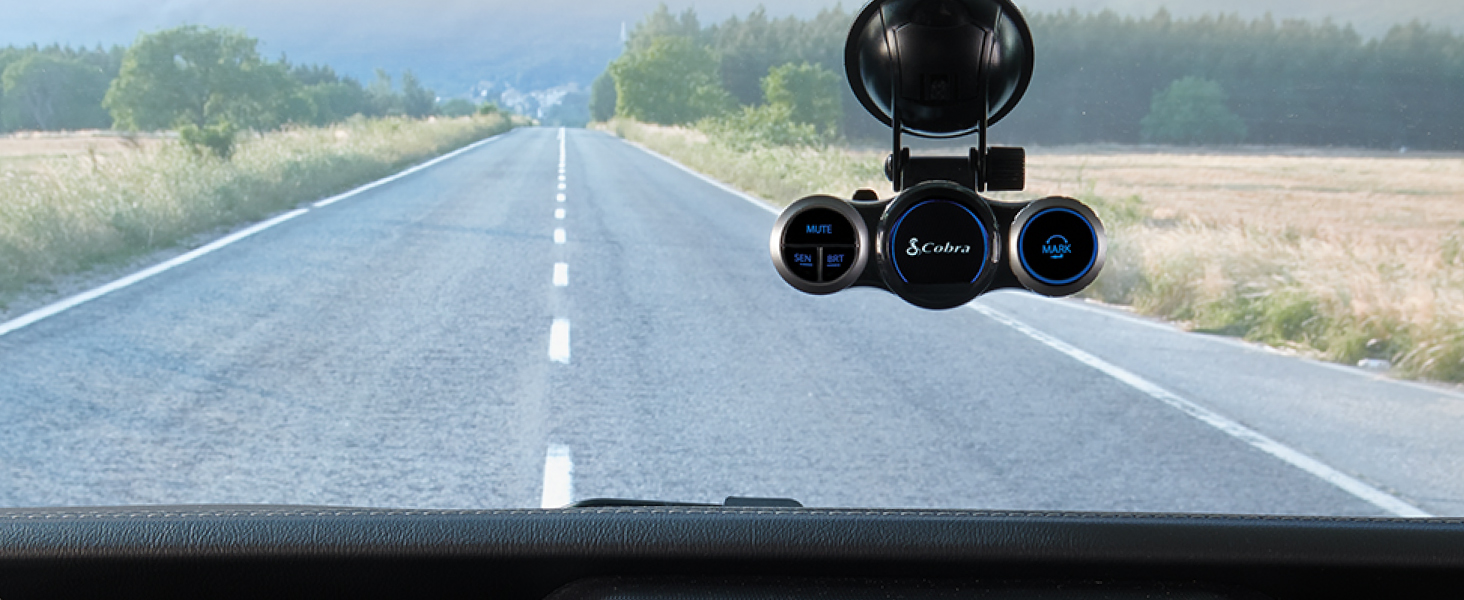 If you’re in the market for a new radar detector, you have a lot of different options out there. The technology has evolved from those loud and clunky noise boxes your tech savvy cousin was hiding in his sports car in the 90s to something a little bit more sophisticated these days. Nowadays, Radar Detectors come with features like GPS, accompanying mobile apps, and in some cases, network subscription services to help you while traveling or just to keep updated with what’s happening in your area.
If you’re in the market for a new radar detector, you have a lot of different options out there. The technology has evolved from those loud and clunky noise boxes your tech savvy cousin was hiding in his sports car in the 90s to something a little bit more sophisticated these days. Nowadays, Radar Detectors come with features like GPS, accompanying mobile apps, and in some cases, network subscription services to help you while traveling or just to keep updated with what’s happening in your area.
Here are a few things to keep in mind if you’re in the market for a Radar Detector.
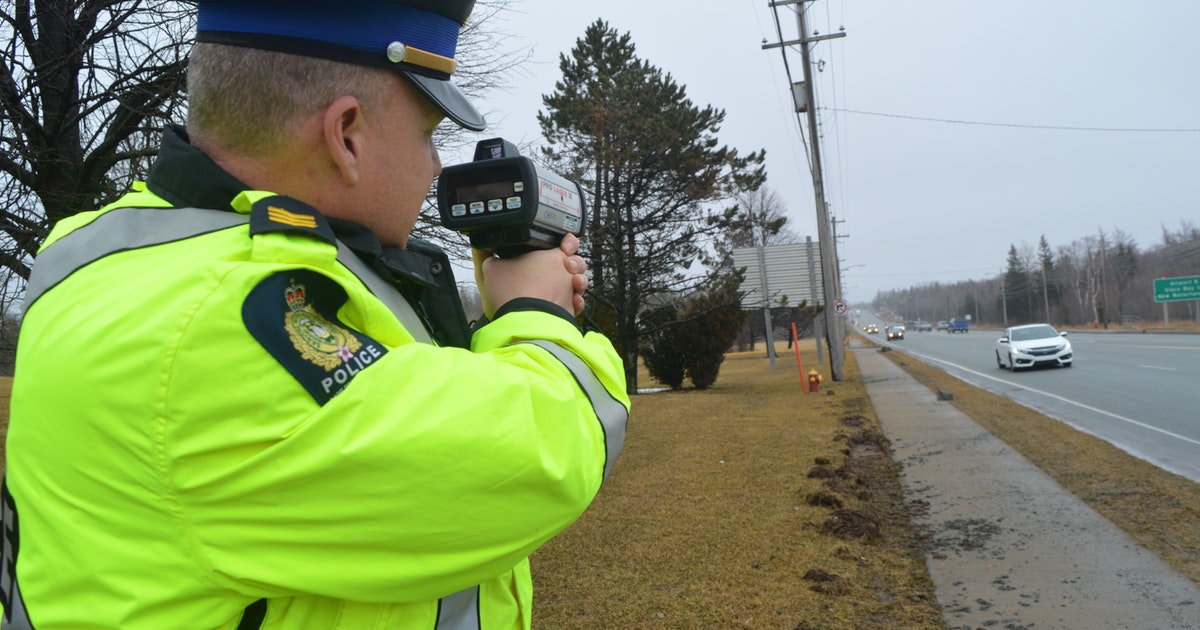
Where in Canada do you live?
Understanding your local laws is the most important step in selecting a radar detector. Radar Detectors are only legal in the 3 Western-most Provinces (BC, Alberta, and Saskatchewan) in Canada. Outside of that, you’re subject to the laws of that respective Province or Territory, including any fines or license demerits.
In a previous blog entitled “Can you use Cobra or Escort Radar Detectors in Canada?” I discuss this a bit more in length and even reached out to a couple of Provinces to find out more about their rules. If you’re still not 100% sure about whether or not to proceed (or how), please consult your Province’s specific Highway Act for more information or clarity.
Please do also keep in mind that if you’re planning a road trip across the border at some point in the future, every US State has its own laws to follow. While radar detectors are legal for the most part in the United States (outside of Virginia and Washington DC), there might be vehicle weight restrictions depending on where you’re traveling through—especially for Commercial Vehicle use.
What technology you need with your radar detector
A radar detector is only as good as the technology it’s able to pick up on or detect. Before making the leap into the right detector for your vehicle, you should try to find out as much as you can about the type of technology your municipality or city uses. In many parts of the US and Canada, Multaradar CD (MRCD) is common in the bigger cities (especially with red light cameras), but your mileage will vary out in the suburbs, or in rural areas. If you’re driving outside the big cities, you might want to invest in something that has a different range of bands just so that you can detect as much as possible.
Do you need a dash cam too?
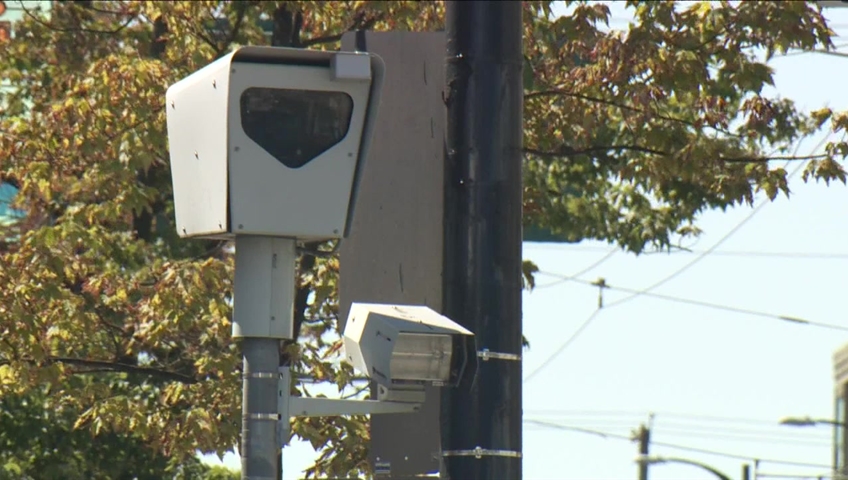
There are a couple systems you could take advantage of if you want a dash cam and a radar detector. First, if you don’t need anything more than Red Light Camera detection, there are dash cams with this feature built in, like those from Thinkware. However, do keep in mind that they only detect Red Light Cameras, and they don’t have a lot of range in doing so. Typically, you’ll get a notification around a couple hundred meters away, and in some cases with cameras I’ve tested, they will sometimes miss the notification or will notify you as you’re going through the intersection. They also don’t have interconnected networks like some radar detector-specific companies do, so you’ll want to consider what you get in those boxes as nothing more than a secondary feature. These types of dash cams are also subject to your province’s local road rules, so make sure whatever you buy complies with those laws.
If you are interested in something with the best of both worlds, Escort offers dash cams that can add onto their radar detectors, and Cobra also has a hybrid called the “Road Scout” that acts both as a radar detector and front-facing dash cam. Both of these options give you full detection capabilities and allow you to capture your drives as well.
What is your budget for your radar detector?
Your budget for a radar detector will play a key part in helping you decide what to get. Radar detectors vary vastly in price range, but with it, the features do too. The price range of a radar detector can be as much as a new smartphone, but you’ll get a better range of bands/frequencies, features, and more.
Take the Radenso Pro M Radar Detector, for example. It’s at the top of the price range for detectors you can currently find at Best Buy. However, it has a wealth of features like filtering out blind monitoring of other systems so that it minimizes false alerts, multiple frequency detection, a high field of range, and over 260 different voice alerts, so that you can focus on the road without being distracted by alerts. This is just the start of the types of features you see from a higher priced, higher end, radar detector.
This isn’t to say you won’t get a lot of good features from other detectors, though. In fact, the difference in features between different systems might make it harder to land on your final choice.
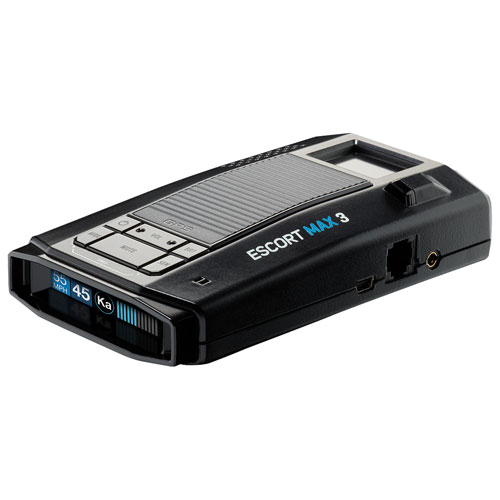
What additional features would you like?
The last thing to consider is what additional features you’d like with your radar detector outside of the detection itself. The Escort Max3 has multiple additional features that you might find helpful. In addition to easy magnet mounting and a simple interface, it features automatic learning, GPS and Bluetooth connectivity, and an optional connected subscription network that sends you real-time alerts and updates on additions to your area and throughout North America.
Lastly, one of your bigger needs might be range. I’ve read in the past that there are radar detectors whose features around range of detection vary based on what you’ve chosen. I’d say you probably need a dedicated radar detector for this, as the dash cams I mentioned above that have built-in detectors only really call out red light cameras (and only within a short distance of the camera itself). If you’re on the road a lot, or you’re concerned about holding to speed limits between Provinces or States, consider one of the detector brands that have a networking app and connections between so that you’re always kept up to date.
With all of this information in mind, I hope you’ve got what you need to make a decision! Have a look at the line of radar detectors now available at your local Best Buy and online at BestBuy.ca, and see if the right one is waiting for you!
For those of you that own radar detectors, what would you recommend, and why? Please let us know in the comments below.

